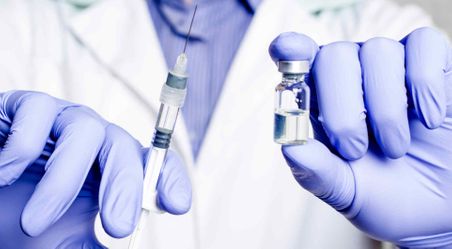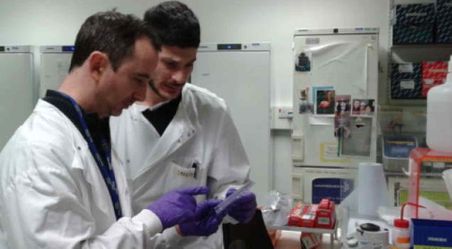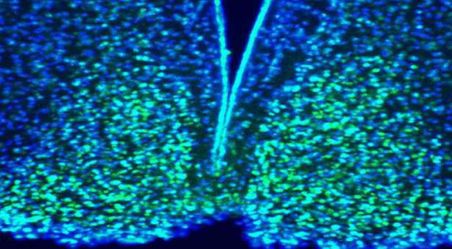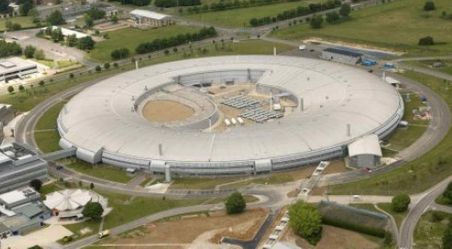We aim to advance cutting-edge medical treatments and improve insight into prevention strategies, developing high quality, low cost, sustainable and accessible healthcare for every stage of life, worldwide. Find out more from the case studies below:
Row1

EPSRC Centre for Mathematics of Precision Healthcare
Europe has been named the most sceptical region on vaccine safety in the world; researchers surveyed nearly 66,000 people from 67 countries to explore their views on whether vaccines are important, safe, effective, and compatible with their religious beliefs.

Cancer Research UK Imperial Centre
Dr Olivier Pardo and his research team are unravelling the mechanisms of drug resistance and metastasis (where cancer cells spread from the primary site to other parts of the body) in cancer:
- Find out more about Dr Pardo's work
- View other case studies from Cancer Research UK Imperial Centre

Anaesthesia, sleep and pain
Our researchers are interested in diverse neuroscientific themes, such as exploring how and why we sleep and the mechanics involved in the loss of consciousness after general anaestheic.
Row2

Molecular Dimensions
Structural information of membrane proteins plays a vital role in medicine and pharmaceutical drug discovery programs: membrane proteins perform a variety of functions in our body and more than 50% of commercially available drugs target them. This research has benefited the whole scientific community in the field of membrane protein structural biology at worldwide scale.
Find out more about Imperial's collaborative research into the structure of membrane proteins

Molecular Vision
Imperial spinout Molecular Vision Ltd has developed a technology platform (known as the BioLED™ platform) that quickly produce lab-quality information from a single sample of bodily fluids. The low-cost, instrument-free, disposable point-of-care device is able to measure previously incompatible parameters on a single test from a single sample, providing both quantitative and qualitative information.
Find out more about this microanalysis technology
Support us
Help us continue our work by donating to the College and directing your donation to the Faculty of Natural Sciences.